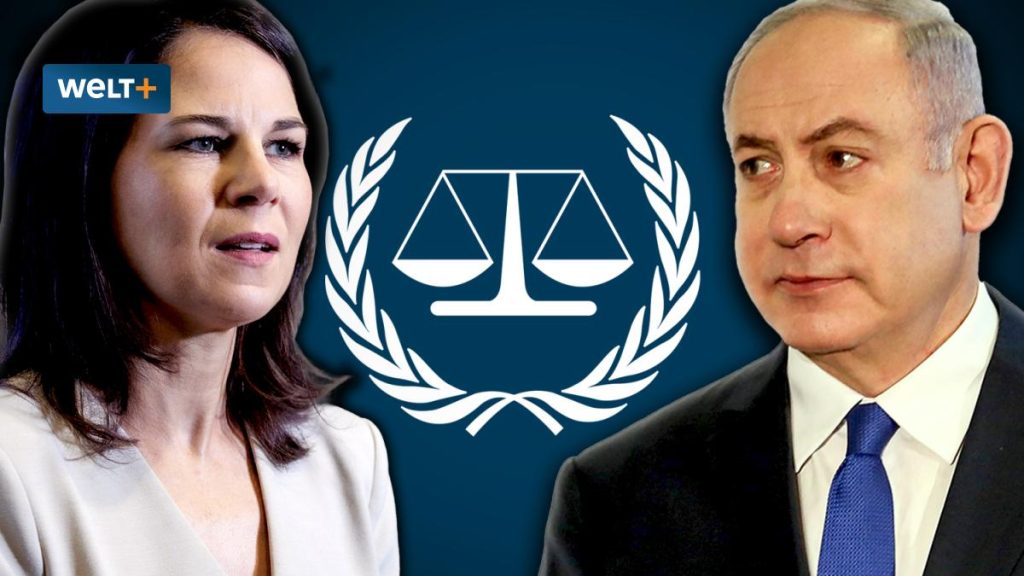The International Criminal Court (ICC) has accused Israeli Prime Minister Benjamin Netanyahu of committing war crimes in Gaza and has requested an arrest warrant. This development has significant implications for Germany’s relationship with Israel. German officials are considering how to proceed if an arrest warrant is issued. The potential fallout from this situation could impact diplomatic ties between the two countries.
The allegations of war crimes against Netanyahu stem from the 2014 conflict in Gaza, during which Israeli forces were accused of targeting civilians and committing atrocities. The ICC’s decision to pursue charges against a sitting head of state is unprecedented and has sparked controversy and debate among international legal experts. The implications of these accusations for Netanyahu’s political future in Israel remain to be seen.
The German government faces a dilemma in how to navigate its relationship with Israel amid these allegations. On one hand, Germany has a long-standing alliance with Israel, rooted in historical ties and shared values. On the other hand, Germany is committed to upholding international law and holding those accused of war crimes accountable. Balancing these conflicting interests will be a challenge for German officials as they weigh their response to the ICC’s request for an arrest warrant.
Netanyahu vehemently denies the accusations of war crimes and has labeled the ICC’s actions as biased and politically motivated. He has called on Israel’s allies, including Germany, to reject the ICC’s jurisdiction in this case and to support Israel’s right to defend itself against security threats. Netanyahu’s defiance in the face of these accusations further complicates the situation for Germany and other countries with close ties to Israel.
The potential issuance of an arrest warrant for Netanyahu raises questions about how the Israeli government will respond and what impact it will have on the already tense political situation in the region. Israel has a history of clashing with international bodies over accusations of human rights violations, and this latest development is likely to exacerbate existing tensions. The German government must carefully consider its next steps in light of these complexities and potential implications for regional stability.
As Germany contemplates its response to the ICC’s request for an arrest warrant, it must balance its commitment to international law and human rights with its strategic partnership with Israel. The outcome of this situation could have far-reaching consequences for the relationship between Germany and Israel, as well as for the broader geopolitical landscape in the Middle East. The coming weeks will be critical in determining how Germany chooses to navigate this delicate diplomatic and legal challenge.















